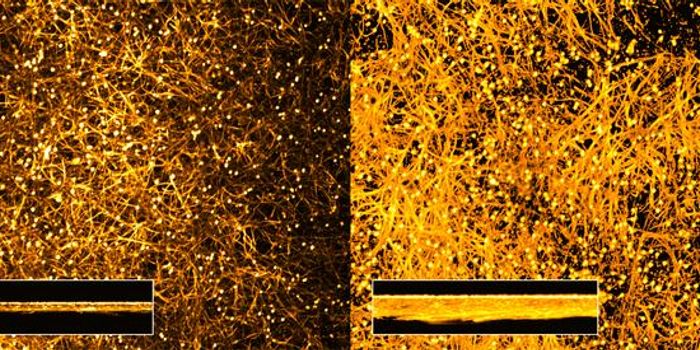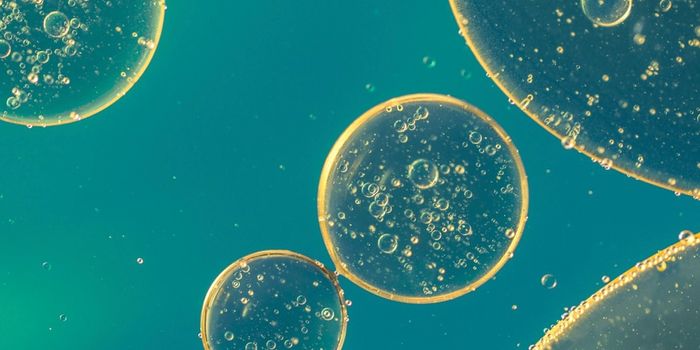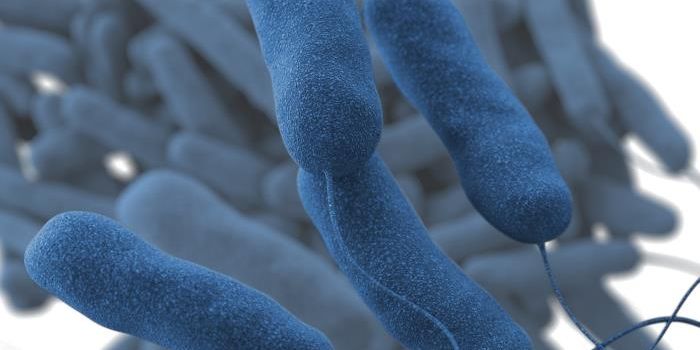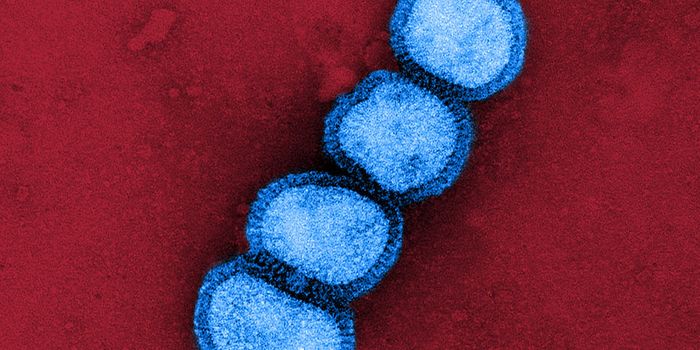Chemicals Made by Bacteria May Open a New Diagnostic Route
The gut microbiome, a large community of microorganisms that reside in our gastrointestinal tract, is intimately related to our health and well-being. Clinicians may one day be able to analyze gut health by assessing the chemicals produced by the microbes that live there. Importantly, these chemicals might reveal which children suffering from critical illness are most likely to experience organ failure. These findings have been reported in Critical Care Medicine.
"Trillions of healthy bacteria live in our guts, keeping it healthy as well as supporting our digestion and metabolism. Serious illness may strike a severe blow to the ability of these bacteria to survive and continue their beneficial activities," said the lead investigator of the study Dr. Nazima Pathan of the Department of Pediatrics at the University of Cambridge and Cambridge University Hospitals NHS Foundation Trust.
"Chemicals produced by healthy gut bacteria are effectively a signature of the presence of a healthy, functioning microbiome. Measuring their levels could offer doctors a way of identifying who needs treatment to restore a healthy microbiome, and for how long."
The foundations for the gut microbiome are laid very early in life, maybe even before we are born, and it continues to develop in childhood. Antibiotics that might be needed to treat a bacterial infection can also do serious damage to the gut microbiome. Since their microbiome is not fully matured, kids might suffer more from the negative impacts that antibiotics have on the gut microbiome.
In this work, the researchers created genetic profiles for various gut microbes. They obtained urine and fecal samples from 55 healthy kids and 60 kids with critical illnesses, and by sequencing the genetic material in the samples, they assessed the microbial populations carried by the kids. The scientists also measured the levels of chemicals the bacteria made.
In the very sick children, there were lower levels of beneficial bacteria and their associated chemicals compared to healthy children. The amounts of some chemicals corresponded to the severity of illness. Three microbial chemicals (hippurate, formate and 4-cresol sulphate) were significantly diminished in the urine samples from critically ill kids. There was also an absence of short-chain fatty acids in sick kids. Short-chain fatty acids serve a number of critical roles, including gut maintenance and appetite regulation.
The scientists suggested that measuring certain biochemicals can offer a way to assess the health of the gut microbiome. It may reveal who will benefit from interventions like probiotics as well.
Learn more about this work rom the video.
Sources: AAAS/Eurekalert! via University of Cambridge, Critical Care Medicine









